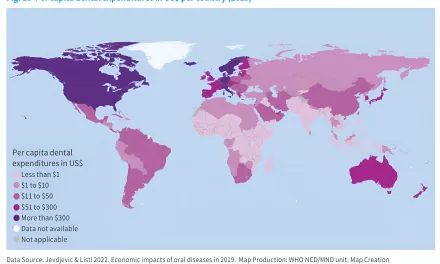New Delhi, August 31, 2024 – India must brace itself for another potential Covid-19 outbreak, according to health experts, as cases surge in several countries, including the United States and South Korea. The warning comes amid rising global concerns over the resurgence of the virus, driven by new variants.
Recent data from the US Centers for Disease Control and Prevention (CDC) indicate that Covid-19 infections are increasing across 25 states in the United States. Similarly, South Korea is grappling with an outbreak that has led to a significant rise in hospitalizations. The World Health Organization (WHO) reported that between June 24 and July 21, an average of 17,358 Covid specimens were tested weekly for SARS-CoV-2 across 85 countries.
India, too, has seen a rise in Covid-19 cases, with 908 new infections and two deaths reported between June and July this year, according to WHO data. While the situation in India is not as severe as in other countries, experts urge caution.
“While the situation isn’t severe in India as in the other countries, we need to be really prepared for it,” said Professor Deepak Sehgal, a virologist at Shiv Nadar University in Noida, in an interview with IANS. “The virus has certainly reemerged. And the WHO reported that there have been around 26 percent of the deaths and an 11 percent increase in the occurrence of this virus. And that is quite alarming.”
The current outbreak is driven by KP variants, which belong to the Omicron lineage. Omicron, known for its high transmissibility and immune escape capabilities, has evolved into several subvariants, including the KP strains. The KP.2 variant, a descendant of Omicron’s JN.1, was first identified globally in January 2024 and made its initial appearance in India in December 2023 in Odisha.
KP strains are derivatives of the Omicron variant with three mutations in the spike region, according to Sehgal. Data from the Indian SARS-CoV-2 Genomics Consortium (INSACOG) reveal that the variant is already circulating in India. KP.x, which includes KP.3.1.1 and its relatives such as the FLiRT variant or KP.2, accounted for nearly 39 percent of all Covid sequence samples collected in India in the last week of July.
Several states in India, including Assam, New Delhi, Gujarat, Karnataka, Kerala, Maharashtra, and Madhya Pradesh, are witnessing an uptick in Covid cases. According to the Union Health Ministry’s Covid dashboard, there are currently 279 active cases nationwide.
The Indian Council of Medical Research (ICMR) and the National Centre for Disease Control (NCDC) have identified the highly transmissible KP.1 and KP.2 strains as the primary drivers behind the surge in cases. However, Union Health Minister J.P. Nadda informed Parliament in July that there has been no increase in hospitalizations or severity of illness so far.
Professor Sehgal emphasized the importance of heightened surveillance, particularly through genome sequencing. “The government has stepped up surveillance, particularly with genome sequencing,” he noted. Efforts are also underway to ensure that vaccines and booster doses are readily available to the population.
“We can have one dose of a booster vaccine that would really help. Otherwise, there are quite a number of risks that we would need to mitigate in the future,” Sehgal added.
As India faces the possibility of another Covid-19 outbreak, experts underscore the need for vigilance and preparedness to prevent a repeat of previous waves.












